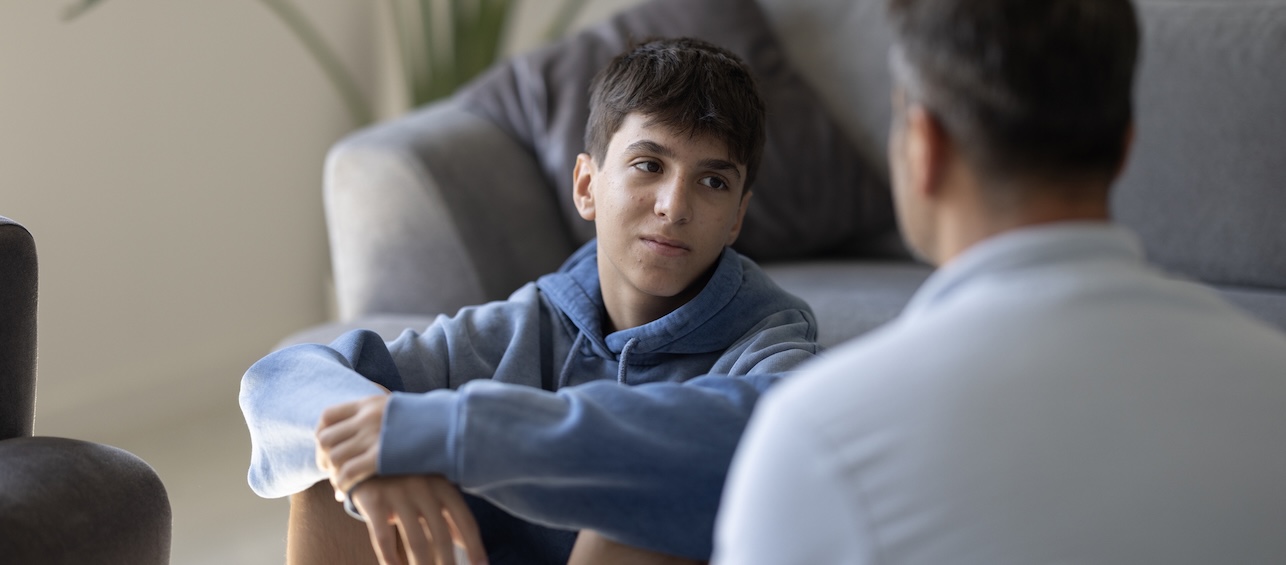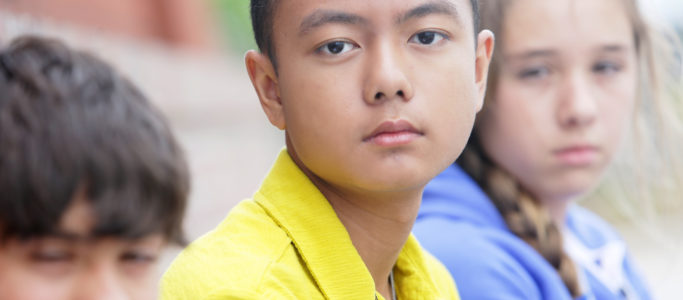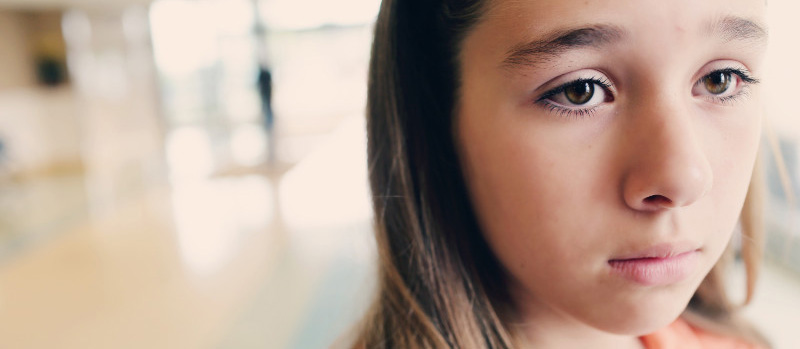Stories of teen athletes suddenly collapsing on the sidelines after exerting physical effort make the news quite a lot. Fortunately, these types of cardiac events don’t happen as often as it may seem. But they do happen. And in fact, sudden cardiac arrest (SCA) is the number one cause of death for teenage athletes in the U.S. With a statistic like that, as a cardiologist I urge parents to learn more about cardiac arrest because if it does happen, quick response can save a life.
Read on for answers to questions about sudden cardiac arrest that I find critical for parents of young athletes to know about.
1. What does it mean to have sudden cardiac arrest?
Sudden cardiac arrest is a condition in which the heart suddenly and unexpectedly stops beating normally. When this happens, blood stops flowing to the brain and other vital organs. Sudden cardiac arrest usually results from a heart electrical abnormality (arrhythmia) that doesn’t allow the heart to pump blood normally. SCA is different from a heart attack, which is caused by a blockage of blood flow to the heart through one of the coronary arteries. However, a heart attack can sometimes lead to an arrhythmia that causes cardiac arrest.
2. How common is sudden cardiac arrest in adolescents and young adults?
SCA in young people is rare. When it does happen, it often leads to death if it’s not treated within minutes. Pediatric sudden cardiac death occurs in fewer than three out of every 100,000 children. About 25 percent of cases occur during sports. In comparison, sudden cardiac death occurs in about 135 of every 100,000 adults.
3. What leads to sudden cardiac arrest in adolescents and young adults?
There are several underlying causes of sudden cardiac arrest in young people. Most commonly it is due to underlying abnormalities of the heart, such as unrecognized congenital heart disease, heart rhythm abnormalities, or heart muscle abnormalities (such as hypertrophic cardiomyopathy, coronary artery abnormalities, and long QT syndrome).
4. How can sudden cardiac arrest be treated?
Rapid treatment of SCA with a defibrillator can be lifesaving. A defibrillator is a device that sends an electric shock to the heart to try to restore its normal rhythm. Automated external defibrillators (AEDs) are self-explanatory devices that can be used by untrained bystanders to save the lives of people who are having SCA. They are found in many public locations, including at many sporting events. Familiarizing yourself with how to use one may help you save someone from sudden cardiac death. Until the AED is used to deliver a shock to the heart, administering cardiopulmonary resuscitation (CPR) is important. The use of AEDs is covered in CPR training.
Learn more about CPR and AEDs from the American Heart Association.
5. Should my kids be screened for heart problems that may put them at risk for sudden cardiac arrest?
In the U.S., doctors screen for heart disease by asking questions about family history and personal history, and performing a physical exam.If your child has concerning history, your pediatrician will refer him or her to a pediatric cardiologist for further evaluation. Some of the concerning findings that should lead to this referral include:
- Family history of early sudden cardiac death (before the age of 50)
- Collapse or passing out during exercise
- Collapse or passing out without warning
- Abnormal cardiac exam by the pediatrician
Shortness of breath or chest pain may also, in rare cases, be a sign of underlying heart problems. While these symptoms are common, having an underlying heart problem is not. The symptoms may be a sign of other health problems in young people, such as asthma. Call your pediatrician if your child experiences any of these symptoms.
The good news is that SCA in the young is rare. But because it can so often and so quickly lead to death, it’s imperative that we teach people how to react in case it does happen. Whether or not a person experiencing SCA survives depends largely upon the immediate intervention of bystanders.







Thank you, Doctor Anderson, for the great job that your staff and you did during and after Madeline Douglas’s surgery! We are all so thankful for your knowledge and precision in the way everything was performed. We are so grateful, and as her Grandparents, we want to express our appreciation for a job well done! May God continue his work through you and your staff! Thanks, Dave and Pamela Douglas.
[…] Sudden Cardiac Arrest and Your Teen Athlete […]